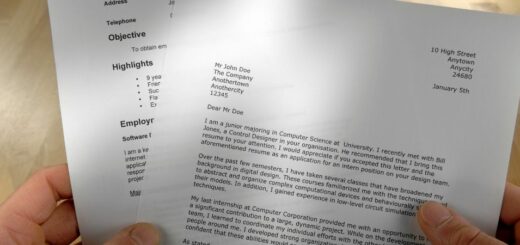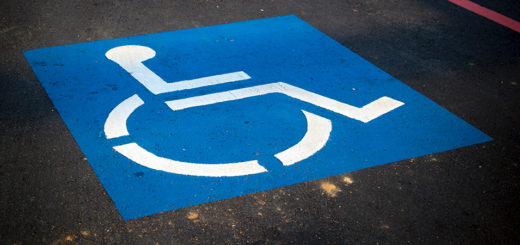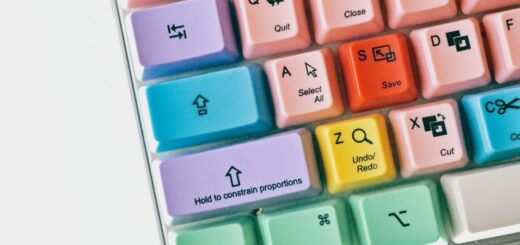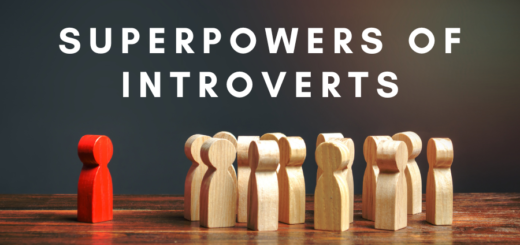Bachelor’s Graduate Highlights Value of SAIL Accessibility Services
When Justin Miller stood up out of his wheelchair and walked across the stage unassisted during Eastern Florida State College’s Fall 2022 commencement ceremony, his fellow graduates were soon on their feet as well, cheering him on.
The 28-year-old Melbourne campus student was born with cerebral palsy and has no control over the right side of his body, which means that walking can take a lot of energy.
“I physically walked across the stage for my high school and A.A. graduations, so I felt like I had to walk across the stage for my bachelor’s degree,” said Justin, who earned a Bachelor of Applied Science in Computer Information Systems Technology with a specialization in Cybersecurity after first earning his Associate in Arts at EFSC.
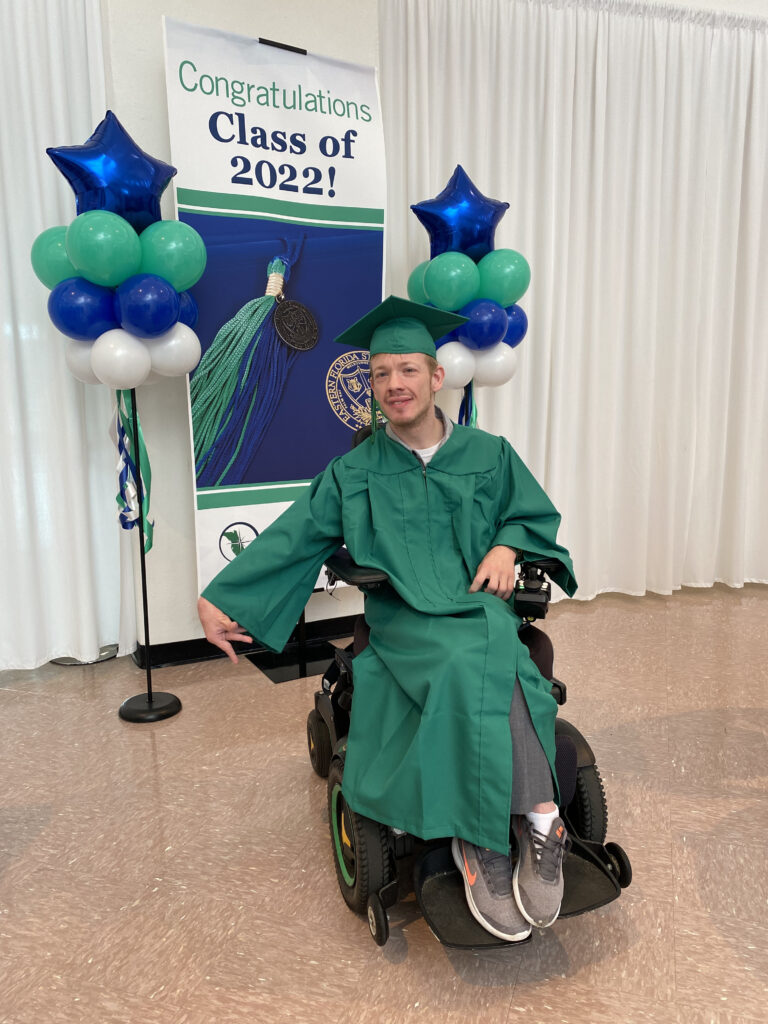
“I am also the first in my household to get a bachelor’s so I had to do it.”
Earning that diploma is always challenging but navigating through college can be an even greater challenge for students with disabilities.
Justin relied on the support of the team at EFSC’s Student Access for Improved Learning (SAIL) office who helped provide him with reasonable accommodations and services so he could access his education.
SAIL strives to remove barriers to create an accessible and inclusive environment for all. This includes making course materials, testing and classroom environments, campus buildings and walkways, school-sponsored events and activities, housing and student services accessible.
“EFSC is open to accessibility because some colleges I would visit I couldn’t even get into the admissions building because they didn’t even have ramps,” said Miller. “On EFSC’s campus I was able to operate in a wheelchair or walk with my cane if needed.”
Kathleen Simmons, EFSC’s Director of SAIL and Support Services, said the SAIL team ensures that EFSC students with documented disabilities have equal access to services and programs so they can reach their individual potential.
Because each student with a documented disability is uniquely impacted by barriers and accessibility solutions can be provided in multiple ways, Simmons says each accommodation is determined on a case by case basis, through an individualized and interactive process.
“Most people don’t realize that approximately 80% of the students registered with SAIL have a non-observable disability,” she said. “Many think of accessibility services as helping those who use wheelchairs or require a sign language interpreter, but accessibility also supports students with anxiety, PTSD, or ADHD, which are not as easily seen at first glance.”
The SAIL office encourages students to be self-advocates, fully engaged in their learning and proactive as they put their accommodations to use in the classroom and on campus.
“We coach students on developing strong self-advocacy skills,” said Simmons. “Justin is a perfect example of that by being able to communicate clearly his barriers and also his strengths.”
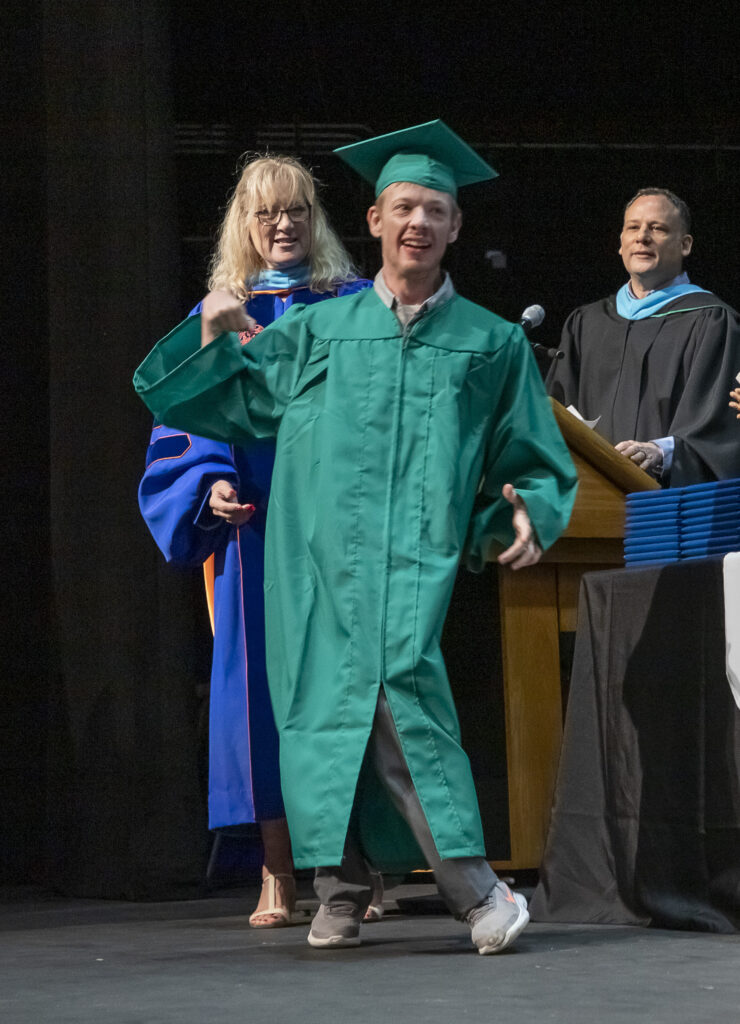
For Justin that self-advocacy included making it clear that while he was willing to take some classes online, he wanted to be able to experience student life on campus, which he says was helped by ramps into buildings and elevators.
“I like taking classes in person because I like gaining that knowledge and getting feedback or being able to talk things out in person versus just reading a book and saying, ‘okay I don’t get this’ and then have to figure it out on your own,” he said.
The process of requesting accommodations at EFSC can start as soon as a student has applied and been accepted to the college. To apply for accommodations, students will need to provide appropriate medical documentation, complete an application, and meet one-on-one with an Access Specialist. The interactive registration and review process can take time, so SAIL encourages students to start the application process early. This also allows more time for the student to review how they can expect to use their accommodations in post-secondary institutions and more opportunities to practice proactive self-advocacy and communication skills.
Justin’s message for other students with disabilities is to put in the time and effort to connect with accessibility services like SAIL to help get the accommodations needed to be successful in college.
“It is going to be hard. It is not going to be easy,” said Justin, who is making plans to work in the cybersecurity field before eventually pursuing a master’s degree.
“Going through college you are going to be stressed out. You are going to be tired. You are going to want to give up, but don’t because it is worth it in the end. Push through it. You can’t let the little things get to you. Never give up!”
- Space Coast Adventures: Guide to Entertainment and Hangout Spots - November 15, 2023
- Finding Your Balance: Navigating School, Work, and Social Life at EFSC - October 25, 2023
- Fueling Your Brain: Easy and Delicious Recipes for EFSC Students! - October 11, 2023


